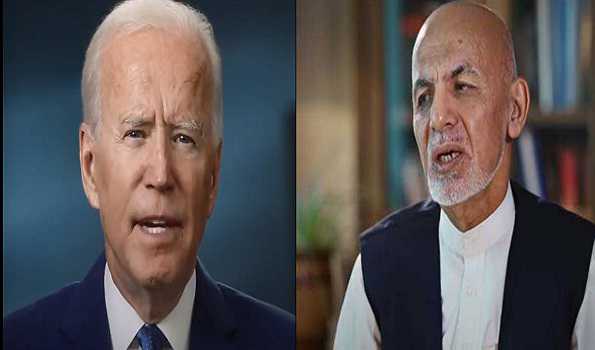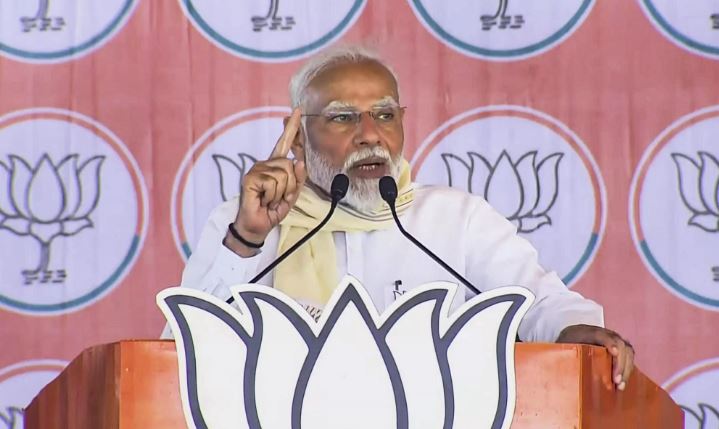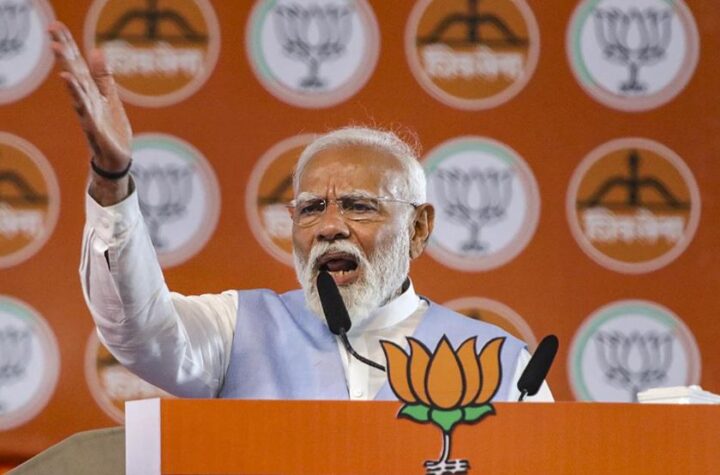Washington : White House press secretary Jen Psaki on Wednesday dodged questions about a leaked phone call in which President Joe Biden pressed former Afghan President Ashraf Ghani to change the “perception” of the Taliban’s rapid advancement across Afghanistan, to “project a different picture” than that of a failing war effort against the Taliban, “whether it is true or not”.
Asked during her daily press briefing to confirm the contents of the call, Psaki refused.
“Well, I’m not going to get into private, diplomatic conversations or leaked transcripts of phone calls,” she said. “But what I can reiterate for you is that we have stated many times that no one anticipated … that the Taliban would be able to take over the country as quickly as they did or that the Afghan National Security Forces would fold as quickly as they did.”
“So even the content of the reporting is consistent with what we’ve said many times publicly,” she continued. “I’ll also note something the president said in his press conference around the same time of this reported phone call: The Afghan government and leadership has to come together. They clearly have the capacity to sustain the government in place. The question is, will they generate the kind of cohesion to do it.”
Psaki was also asked whether Biden was “pushing a false narrative” in his phone call with Ghani. The press secretary said she wouldn’t “go into the details of a private conversation” but emphasized that there was a “collapse in leadership” in the Afghan government long before the former president fled the country.
“Our national security team and no one in Congress, or I would say most people out in the public, anticipated that the Taliban would be able to take over the country as quickly as they did or that the Afghan National Security Forces would fall as quickly as they did,” she said. “So even the content of the reporting is consistent with what we’ve said many times publicly.”
But Psaki qualified her comments on Wednesday, adding that there may have been “individuals in agencies” who had warned of the worst case scenario.
“They needed to come together in a cohesive manner. They needed to be united. They needed to show the country and the Afghan people they were going to fight and they were going to lead this transition, even as U.S. forces left,” she said on Wednesday.
Biden did not entertain questions about the report earlier Wednesday when asked before his meeting with Ukrainian President Volodymyr Zelensky at the Oval Office, the Washington Examiner said.
Biden dangled aid in exchange for Ghani publicly presenting a plan to counter the Taliban’s advance during the pair’s 14-minute July 23 conversation, roughly a month before he fled his country.
“I need not tell you the perception around the world and in parts of Afghanistan, I believe, is that things are not going well in terms of the fight against the Taliban,” Biden had said. “And there is a need, whether it is true or not, there is a need to project a different picture.”
Biden focused much of the 14-minute call on the Afghan government’s “perception” problem, according to a transcript of a July 23 presidential call reviewed by Reuters.
At the time of the call, the Taliban controlled about half of Afghanistan’s district centers.
Gen. Mark Milley, chairman of the Joint Chiefs of Staff, echoed similar concerns in a follow-up call with Ghani later that day, which did not include Biden, Reuters noted.
“The perception in the United States, in Europe and the media sort of thing is a narrative of Taliban momentum, and a narrative of Taliban victory,” Milley reportedly said. “And we need to collectively demonstrate and try to turn that perception, that narrative, around.”











More Stories
Low vision clinic inaugurated at AIIMS Bhubaneswar
Urban education programme comes in handy for Odisha’s tribal, dalit kids
Now country ‘aatank’ struggling for ‘aata’: PM